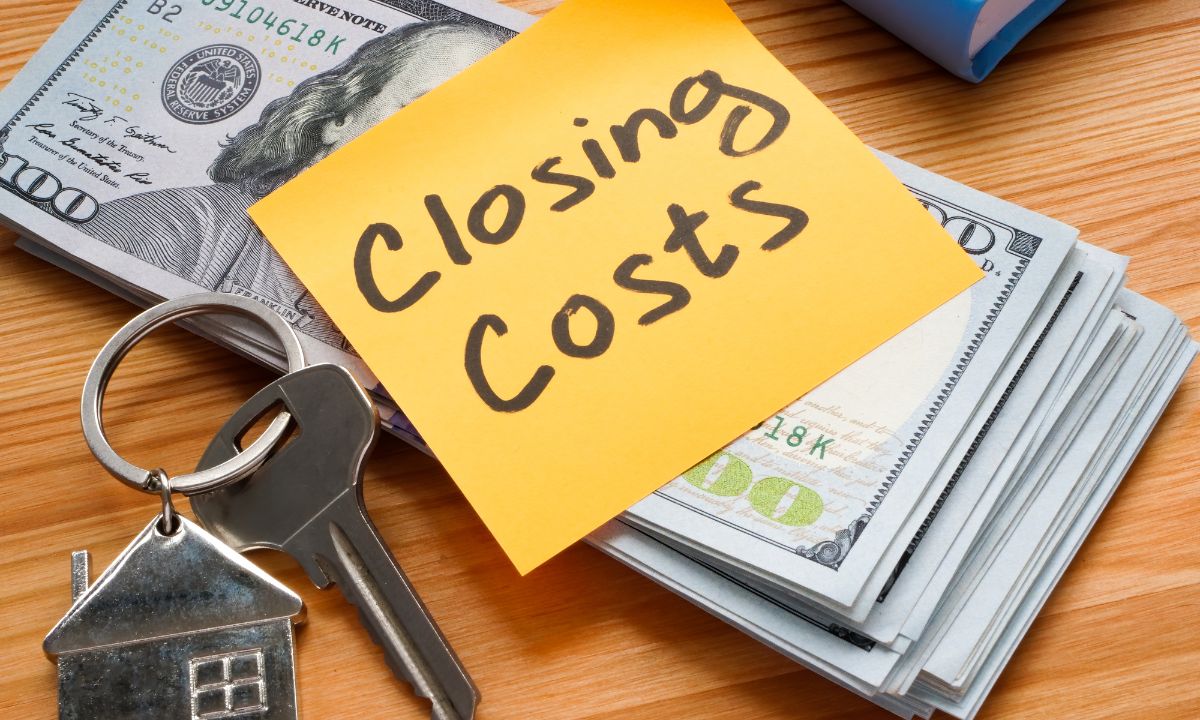 In the realm of real estate, the dream of homeownership often feels like a distant horizon for many individuals and families. Skyrocketing property prices, coupled with stagnant wages, have created significant barriers to entry into the housing market. However, amidst these challenges, there is a glimmer of hope in the form of affordable housing initiatives. These strategies aim to break down the financial barriers and make homeownership accessible to a wider range of people. In this blog post, we’ll explore some innovative approaches that are reshaping the landscape of affordable housing.
In the realm of real estate, the dream of homeownership often feels like a distant horizon for many individuals and families. Skyrocketing property prices, coupled with stagnant wages, have created significant barriers to entry into the housing market. However, amidst these challenges, there is a glimmer of hope in the form of affordable housing initiatives. These strategies aim to break down the financial barriers and make homeownership accessible to a wider range of people. In this blog post, we’ll explore some innovative approaches that are reshaping the landscape of affordable housing.
1. Government Subsidies and Grants
One of the most traditional yet effective methods to make homeownership accessible is through government subsidies and grants. These initiatives provide financial assistance to low-income families, enabling them to secure affordable housing options. Programs like the Federal Housing Administration (FHA) loans and the Department of Housing and Urban Development (HUD) initiatives offer down payment assistance and low-interest mortgages, significantly reducing the upfront costs associated with buying a home.
2. Community Land Trusts
Community Land Trusts (CLTs) have emerged as a powerful tool in the fight against gentrification and housing unaffordability. CLTs acquire land and maintain ownership while allowing residents to purchase homes or lease the land at affordable rates. By separating the cost of land from the cost of housing, CLTs ensure that properties remain permanently affordable for future generations. This model fosters community stewardship and empowers residents to take control of their housing destiny.
3. Shared Equity Models
Shared equity programs offer an innovative approach to homeownership by allowing individuals to purchase a portion of a property while the remaining share is held by a nonprofit organization or government entity. As homeowners build equity over time, they can gradually buy out the shared portion, ultimately owning the property outright. This model not only reduces the financial burden of homeownership but also promotes wealth accumulation and stability for low and moderate-income households.
4. Micro-Housing and Tiny Homes
In response to the growing demand for affordable housing in urban areas, micro-housing and tiny home communities have gained popularity as cost-effective alternatives to traditional housing options. These compact dwellings are designed to maximize space efficiency while minimizing construction costs, making them an attractive option for individuals seeking affordable homeownership solutions. Micro-housing developments often incorporate shared amenities and communal spaces, fostering a sense of community and collaboration among residents.
5. Incentives for Developers
In addition to consumer-focused initiatives, governments can also incentivize developers to prioritize affordable housing construction through tax breaks, density bonuses, and streamlined approval processes. By creating a favorable environment for affordable housing development, policymakers can encourage private sector investment and accelerate the supply of affordable homes in high-demand markets.
Affordable housing initiatives represent a beacon of hope in an otherwise challenging housing market. By leveraging innovative strategies and fostering collaboration between government agencies, nonprofit organizations, and private sector stakeholders, we can make significant strides toward achieving housing equity for all. Whether through government subsidies, community land trusts, shared equity models, or micro-housing developments, there are countless pathways to making homeownership a reality for individuals and families from all walks of life.
 Purchasing a new home is an exciting milestone, but it also comes with various responsibilities, including understanding property taxes. Property taxes are a crucial aspect of homeownership, as they contribute to local government funding and services. In this guide, we’ll break down everything you need to know about property taxes as a new homebuyer.
Purchasing a new home is an exciting milestone, but it also comes with various responsibilities, including understanding property taxes. Property taxes are a crucial aspect of homeownership, as they contribute to local government funding and services. In this guide, we’ll break down everything you need to know about property taxes as a new homebuyer. If you plan on retiring soon, you are probably looking at a few options that can get you over the hump. You are probably excited to start a new phase of life. With a record number of people closing in on their retirement age, many are starting to assess their resources to make sure they have enough money to last them for the rest of their lives. If you already own a home, you might be able to tap into your home equity to help you fuel your retirement.
If you plan on retiring soon, you are probably looking at a few options that can get you over the hump. You are probably excited to start a new phase of life. With a record number of people closing in on their retirement age, many are starting to assess their resources to make sure they have enough money to last them for the rest of their lives. If you already own a home, you might be able to tap into your home equity to help you fuel your retirement. Title insurance is a necessary component of real estate transactions, playing a pivotal role in safeguarding the interests of buyers, sellers, and lenders. While it might not be as prominent as other aspects of the real estate process, its significance cannot be overstated. We will examine the essential role of title insurance and explore why it is a vital component of real estate transactions.
Title insurance is a necessary component of real estate transactions, playing a pivotal role in safeguarding the interests of buyers, sellers, and lenders. While it might not be as prominent as other aspects of the real estate process, its significance cannot be overstated. We will examine the essential role of title insurance and explore why it is a vital component of real estate transactions.
 Welcome to our consumer blog, where we delve into the finer details of real estate and homeownership. Today, we’re exploring the enticing realm of gated communities and why they might just be the perfect fit for your next home purchase.
Welcome to our consumer blog, where we delve into the finer details of real estate and homeownership. Today, we’re exploring the enticing realm of gated communities and why they might just be the perfect fit for your next home purchase. So, you’re considering buying a second home? Whether it’s a cozy cabin in the woods, a beachfront retreat, or an urban pied-à-terre, the idea of owning a second property is undoubtedly exciting. However, before you get swept away by visions of lazy weekends and family gatherings, it’s crucial to understand the financial implications, especially when it comes to mortgages. Here’s a comprehensive guide to help you navigate the mortgage considerations when buying a second home.
So, you’re considering buying a second home? Whether it’s a cozy cabin in the woods, a beachfront retreat, or an urban pied-à-terre, the idea of owning a second property is undoubtedly exciting. However, before you get swept away by visions of lazy weekends and family gatherings, it’s crucial to understand the financial implications, especially when it comes to mortgages. Here’s a comprehensive guide to help you navigate the mortgage considerations when buying a second home. Divorce or separation is a challenging time, and amidst the emotional and logistical complexities, handling mortgage issues can add another layer of stress. For many couples, their home represents not just a financial investment but a symbol of stability and security. However, when relationships break down, decisions about homeownership become crucial. Here is some guidance on how to navigate mortgages during a divorce or separation.
Divorce or separation is a challenging time, and amidst the emotional and logistical complexities, handling mortgage issues can add another layer of stress. For many couples, their home represents not just a financial investment but a symbol of stability and security. However, when relationships break down, decisions about homeownership become crucial. Here is some guidance on how to navigate mortgages during a divorce or separation. Buying a home is an exciting journey, but it’s not without its twists and turns. One specific daunting aspect for many homebuyers is understanding the sphere of closing costs. These additional expenses can catch even the most prepared buyers off guard if they’re not properly understood. So, let’s discuss the world of closing costs and shed some light on what to expect when purchasing your dream home.
Buying a home is an exciting journey, but it’s not without its twists and turns. One specific daunting aspect for many homebuyers is understanding the sphere of closing costs. These additional expenses can catch even the most prepared buyers off guard if they’re not properly understood. So, let’s discuss the world of closing costs and shed some light on what to expect when purchasing your dream home.
